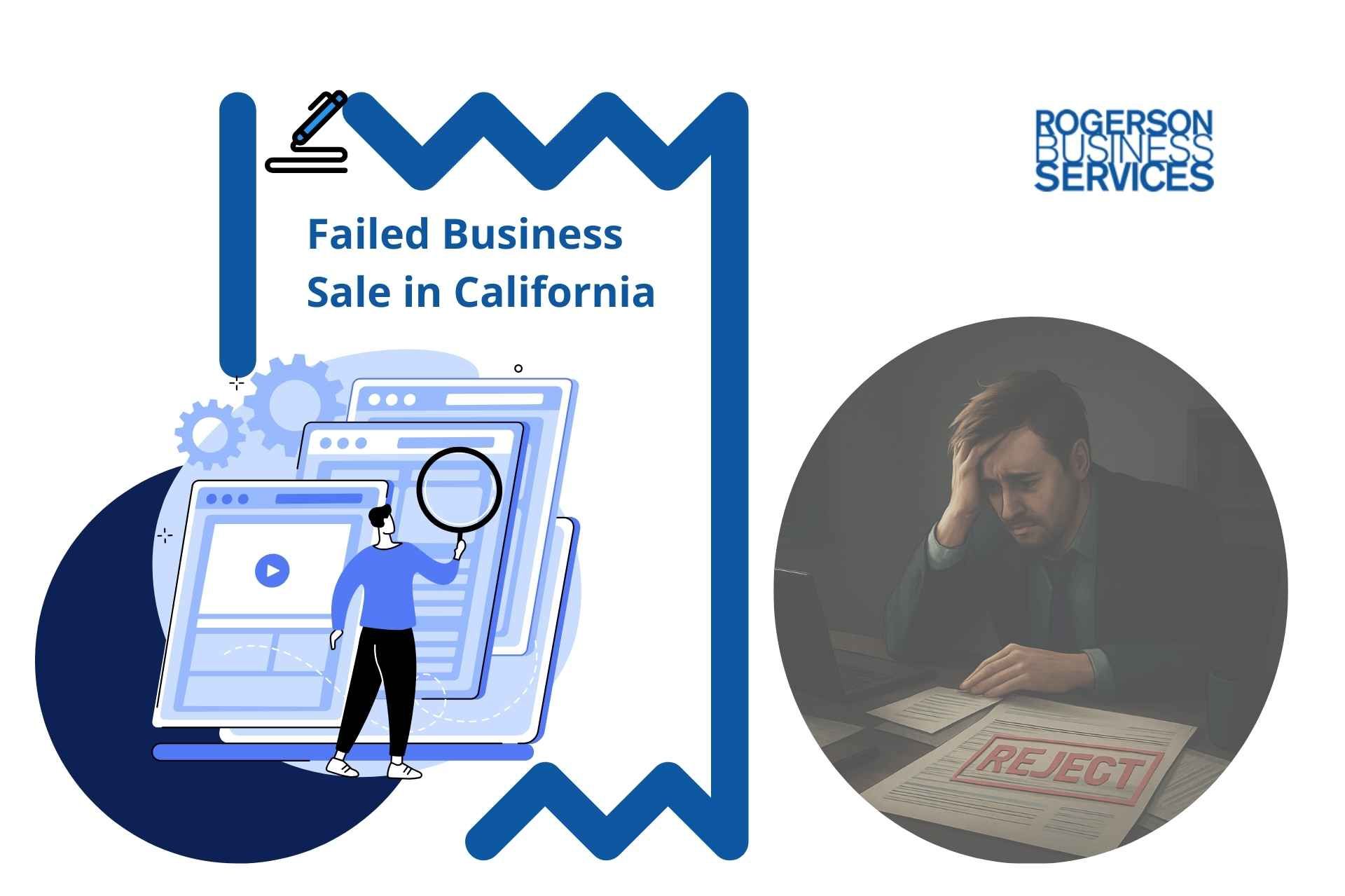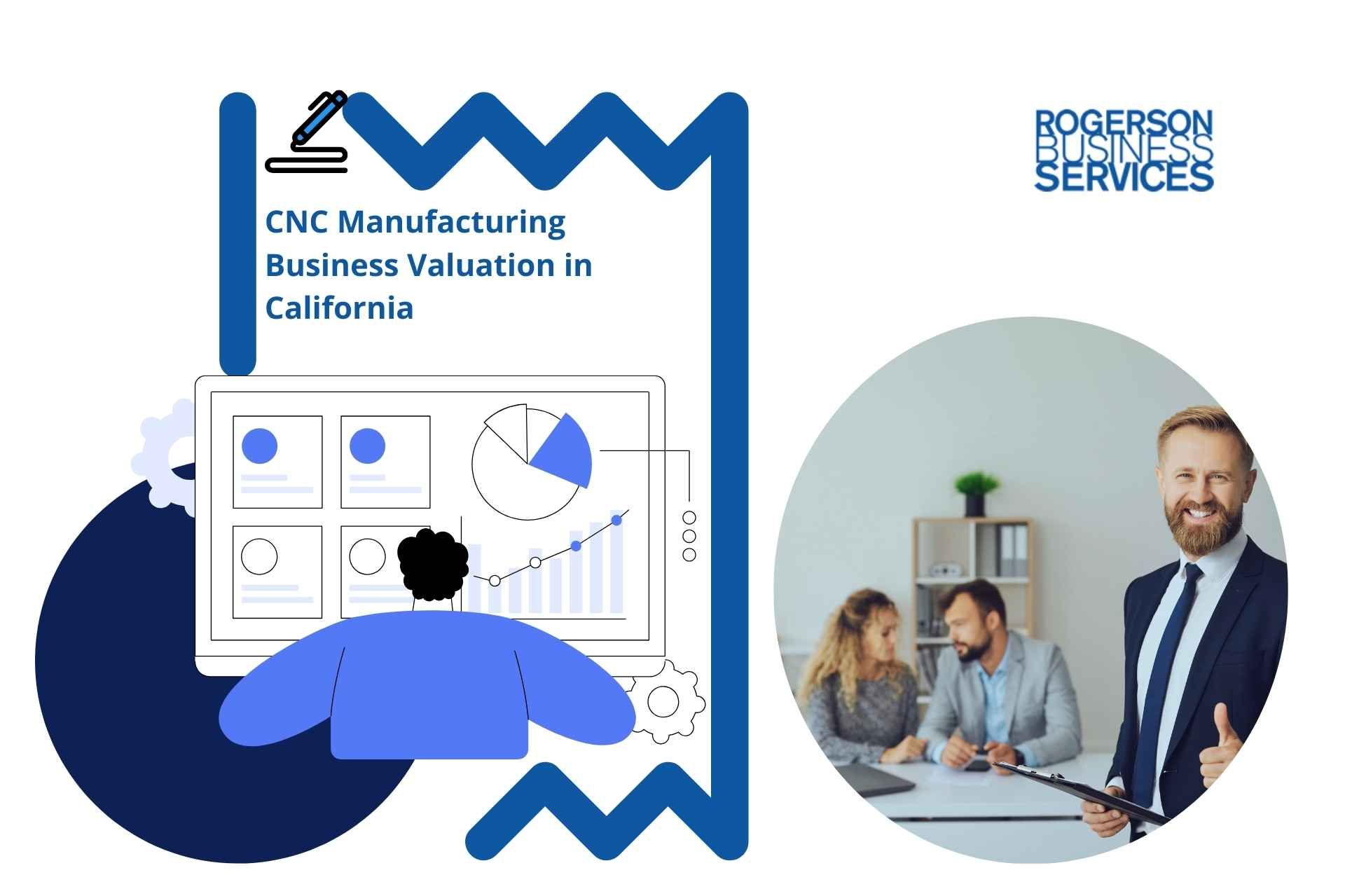Quality Of Earnings Analysis In California
The Quality of Earnings Analysis Report (QoE) is a valuable resource for business owners and entrepreneurs in California, aiding in the establishment of a robust M&A transaction and minimizing complications during the sell-side-due-diligence stage.
The QoE report provides:
- Essential insights into a company’s financial performance,
- offering valuable information on its current, and future cash flow generation capabilities.
Why Do I want a Quality of Earnings (QoE) Analysis Report?
Increase Your Exit Success Unlocked By Performing A Quality Of Earnings (QoE) Analysis Report
A Quality of Earnings Analysis Report (QoE) is fundamentally about building trust and fostering relationships. The valuation and sale of a lower middle market business in California hinges on the mutual trust between the seller and buyer.
Through a QoE report, the seller can demonstrate their confidence in their financial statements by engaging an independent third party to analyze and produce a formal report on the business's recent financial performance.
This act of trust then paves the way for the buyer and seller to establish a relationship, enabling them to determine whether the purchase of the business is the right move for the buyer and the appropriate exit strategy for the seller.
- For Sellers: Proactively addresses potential cash flow or value-related issues to support the offering price before the buyer commences due diligence.
- For Buyers: Provides a comprehensive evaluation of a potential target’s value, supported by thorough documentation and analysis, to assess the quality of the acquisition and the return on investment.
- For Lenders: Provides assurance to underwriters of SBA 7(a) and USDA loans that the verified cash flow accurately reflects a company’s ongoing earnings and potential cash flow.
Quality of Earnings Report Example
The QoE report offers buyers, investors, lenders, and brokers a dependable source of information beyond self-reported financials. Essential to the QoE report is the involvement of a qualified analyst who undertakes a meticulous examination of:
- Historical revenues and expenses,
- significant customer concentrations,
- expense add-backs,
- and sales.
Including but not limited to the mentioned areas
A QoE Report Covers a Range of Factors
Executive Summary
Analysis and contents overview presented in the concise report.
Business Summary
Insight into the operational management of the Company.
Financial Analysis
Detailed analysis of the Company’s Income Statements and Balance Sheets.
One Account Cash Proofing
Every financial detail is meticulously examined and validated.
Accounts Receivable Aging Analysis
Optimizing your cash flow management and enhancing the overall value of your business.
Financial Vs Tax Return Analysis
Financial analysis shows a company’s performance and potential, while tax return analysis reveals tax implications and risks in a transaction.
Financial Adjustments Review
Evaluating cash flow, appraising assets, and enhancing financial structures.
EBITDA Analysis
Findings reporting and adjusted EBITDA/SDE.
Sales Analysis
Analyze sales thoroughly, including past performance, industry trends, and competition.
Fraud Detection
Based on the general ledger.
Vendor Analysis
Evaluate potential vendors to ensure they match your business's values and goals.
Labor & Salary Analysis
Understanding labor costs and salary structures is crucial for assessing business value.
FAQs Covered For Quality of Earnings Analysis Report
Here are answers to some common questions I get from business owners about the QoE analysis report in California


